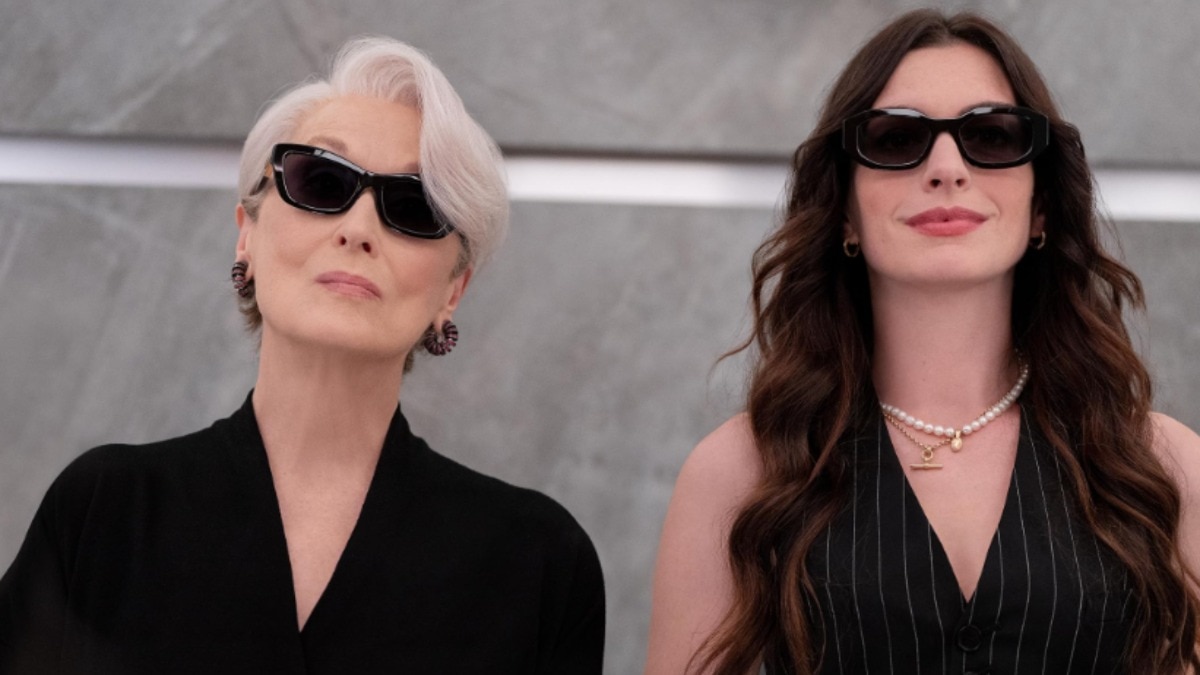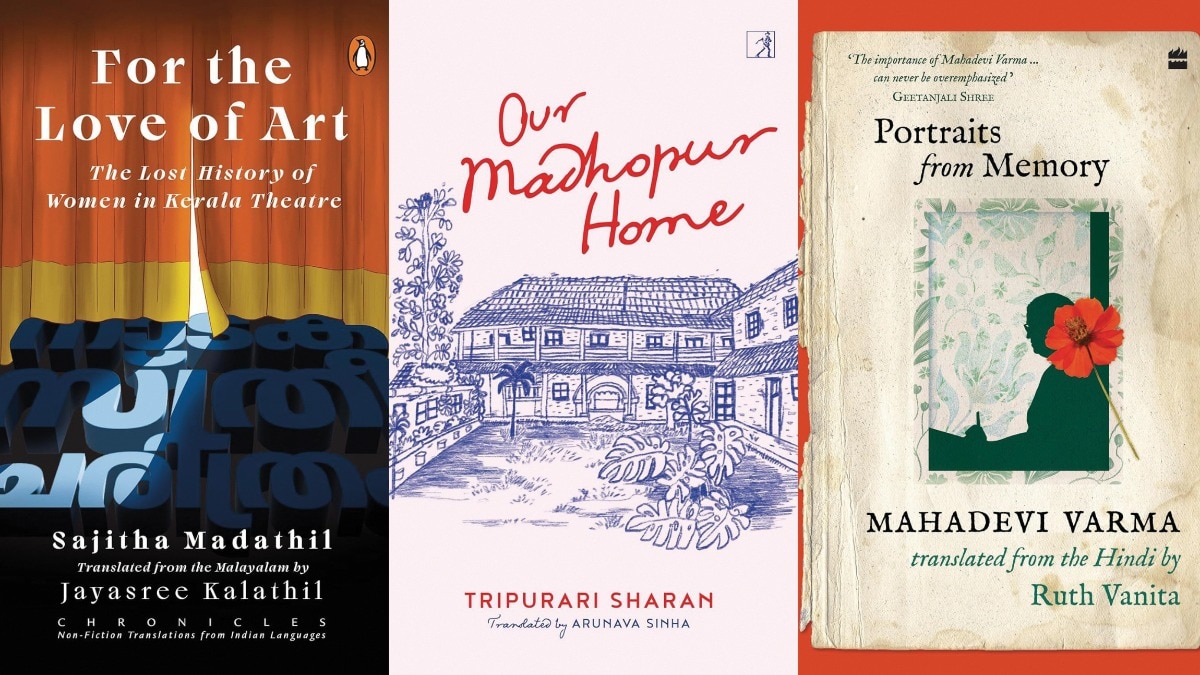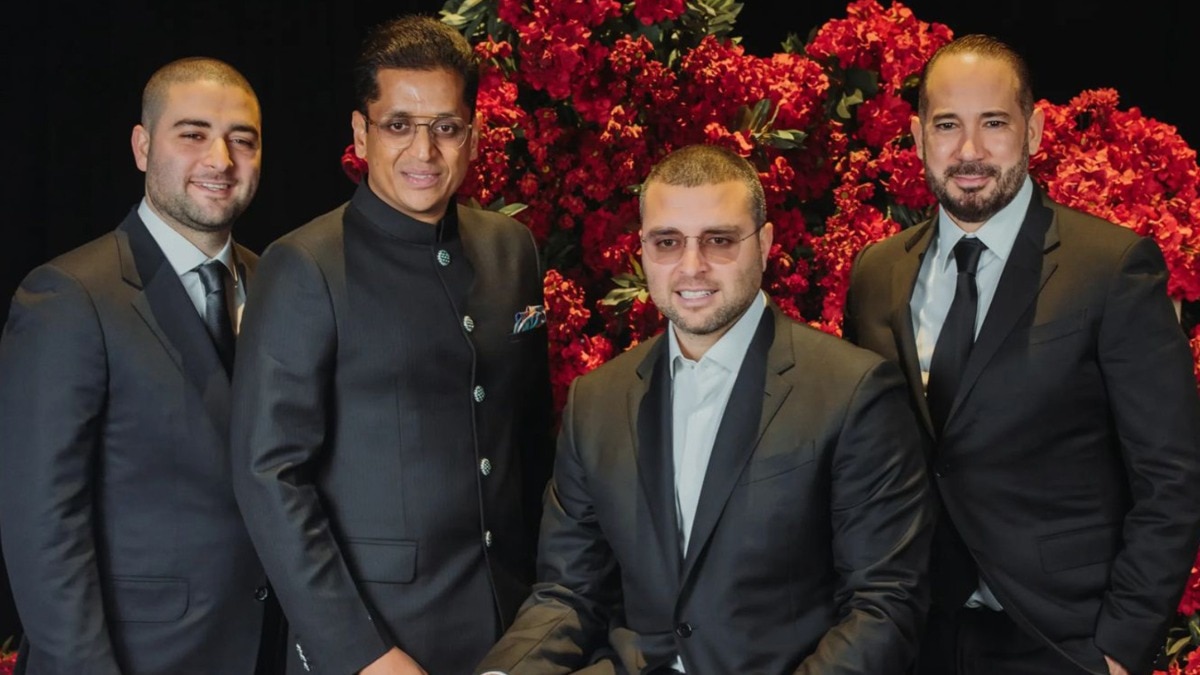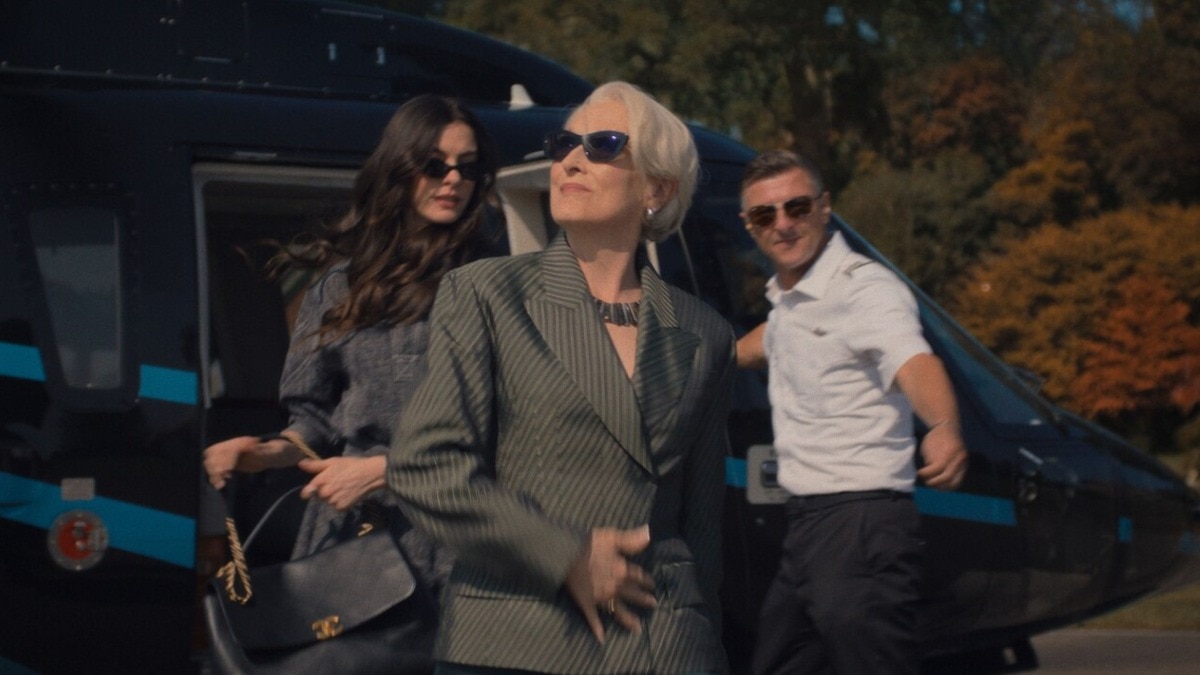A lookback at the Indian films that won hearts and awards at Cannes Film Festival
These films, rooted in Indianness, left a mark on the global audience.


With the Cannes Film Festival around the corner (running from May 13 to May 24), it’s the perfect moment to look back on how far Indian cinema has come at this celebrated event. It all began in 1946 when Chetan Anand’s Neecha Nagar won the Palme d’Or—the festival’s highest honour. Since then, filmmakers like Satyajit Ray, Mrinal Sen, Mira Nair, and more recently, Payal Kapadia have been recognised for their unique voices and artistic vision. Whether through the realism of Neecha Nagar, the delicate romance of The Lunchbox, or the timeless charm of Ray’s classics, Indian films have brought the richness and diversity of the country’s culture, and emotions to one of the most-respected film platforms in the world.
Here’s a look at some Indian films that have won big at Cannes over the years.
Neecha Nagar (1946)
At the inaugural Cannes Film Festival in 1946, Neecha Nagar stood out among 10 competing films to win the festival’s highest honour—the Grand Prix du Festival International du Film, which would later be renamed the Palme d’Or. Directed by Chetan Anand, and featuring Uma Anand, Kamini Kaushal, Rafiq Anwar, and Zohra Sehgal, the film is a powerful story about class struggle and protest.
Inspired by a short story by Hayatulla Ansari, the film shows how a wealthy landlord diverts sewage into a poor village, putting the villagers’ lives at risk. Led by Balraj (the protagonist), the villagers protest against the landlord’s housing project. The landlord’s daughter also joins their fight and eventually falls in love with Balraj. Even though the film was never released in India, it became a landmark moment, marking India’s debut on the global film stage and inspiring future generations of realist Indian filmmakers.
Do Bigha Zamin (1954)
Do Bigha Zamin, directed by Bimal Roy, won the Prix International award at the Cannes Film Festival in 1954. This powerful drama tells the heartbreaking story of Shambu, a poor farmer who struggles to save his small piece of land from the clutches of a greedy zamindar (landlord). Shambu travels to Calcutta and takes on the job of a rickshaw puller to pay off his debts. He faces countless hardships in the hope of returning home and saving his family’s future. The film starred Balraj Sahni and Nirupa Roy in lead roles, with Ratan Kumar, Murad, and Rajlakshmi Devi playing key parts.
The film was a landmark in Indian cinema, contributing greatly to the rise of neo-realistic films in the country. With his sensitive direction and sharp eye for social issues, Roy highlighted the grim realities of post-independence India—especially poverty, exploitation, and class struggles. The film’s success at Cannes not only brought international attention to Indian cinema but also paved the way for more socially-conscious storytelling.
Pather Panchali (1956)
Satyajit Ray’s Pather Panchali, the first film in his iconic Apu Trilogy, won the Best Human Document award at the Cannes Film Festival in 1956. Starring Kanu Banerjee, Subir Banerjee, Karuna Banerjee, and Uma Das Gupta, the film tells the moving story of Harihar Ray, a poor priest in rural Bengal who dreams of a better life for his family. As Harihar leaves home in search of work, his wife and children face the harsh realities of poverty, loss, and survival. Ray left a lasting impression on Indian and world cinema with his sensitive, realistic storytelling that focussed on the beauty and struggles of everyday life. His work introduced Indian cinema to a global audience, inspiring countless filmmakers around the world and establishing him as one of the greatest directors in the history of cinema.
Salaam Bombay! (1988)
Mira Nair’s debut feature film, Salaam Bombay!, made a powerful impact at the 41st Cannes Film Festival in 1988, winning both Camera d’Or for best first feature and the Audience Award. The film tells the raw, emotional story of Krishna, a young boy struggling to survive on the streets of Mumbai. Surrounded by drug dealers, pimps, and prostitutes, Krishna’s journey offers an unfiltered look into the underbelly of the lives of street children, capturing their daily hardships and dreams in a documentary-like format. The cast includes Shafiq Syed as Krishna, along with Raghuvir Yadav, the late Irrfan Khan, Nana Patekar, and Chanda Sharma, all of whom delivered unforgettable performances.
The Lunchbox (2013)
The Lunchbox, directed by Ritesh Batra, won the Grand Rail d’Or Audience Award at the Cannes Film Festival. The film centers on a mistaken lunchbox delivery in Mumbai’s iconic lunch delivery system, which unexpectedly connects a young housewife with a lonely older man. Through handwritten notes tucked into the lunchbox, they form a poignant bond, sharing their dreams, memories, and quiet moments of solitude.
Starring Irrfan Khan, Nimrat Kaur, and Nawazuddin Siddiqui, the film’s subtle and touching performances were praised for bringing the characters’ emotions and vulnerability to life. With its delicate exploration of love and human connection, The Lunchbox became a poignant reminder of the simple yet profound ways we reach out to one another in moments of solitude.
Masaan (2015)
Masaan, directed by Neeraj Ghaywan, won two major awards—the FIPRESCI Prize from the International Jury of Film Critics and the Promising Future prize in the Un Certain Regard section—at the 68th Cannes Film Festival. Set along the banks of the Ganges River, the film weaves together the lives of four people who are grappling with personal loss, societal pressures, and the harsh realities of caste and tradition. As they navigate grief, guilt, and the weight of expectations, they search for love, redemption, and a sense of freedom.
The film features powerful performances by Vicky Kaushal, Richa Chadha, Sanjay Mishra, Vineet Kumar, and Pankaj Tripathi. With its sensitive portrayal of human struggles against a backdrop of rigid social codes, Masaan stands out as a poignant, beautifully crafted exploration of heartbreak, resilience, and hope.
A Night of Knowing Nothing (2022)
Payal Kapadia’s debut documentary A Night of Knowing Nothing won the L’Oeil d’Or (Golden Eye) for Best Documentary at the 74th Cannes Film Festival. The film follows a young student who begins writing letters to her estranged lover, revealing not only her emotions but also reflecting on the social and political changes around her. As her reality blurs with dreams, memories, fantasies, and anxieties, the documentary unfolds as a layered, intimate exploration of love, longing, and unrest. Carried by mood, visuals, and real-life footage, the film saw Kapadia shape a deeply human and poetic narrative.
All That Breathes (2022)
All That Breathes, directed by Shaunak Sen, won the L’Oeil d’Or (Golden Eye) for Best Documentary at the 75th Cannes Film Festival—the highest honour a documentary can receive at the festival. Set against the smog-filled skies and rising tensions of Delhi, the film follows two brothers, Nadeem Shehzad, and Mohammad Saud, who dedicate their lives to rescuing and caring for injured Black Kites—birds that have become silent victims of the city’s environmental and social turmoil. With quiet intensity, the documentary told a touching story of the fragile bond between people and nature.
All We Imagine As Light (2024)
All We Imagine As Light, directed by Payal Kapadia, made history at the 77th Cannes Film Festival by winning the prestigious Grand Prix Award, marking a proud moment for Indian cinema. Set in Mumbai, the film follows the quiet, intertwined lives of two nurses. Prabha, whose daily routine is shaken when she unexpectedly receives a gift from her estranged husband, and her younger roommate Anu, who is struggling to find a place in the city where she can live with her boyfriend. When the two women take a trip to a peaceful beach town, they finally find space to reflect on their desires, hopes, and the search for freedom in a city that often leaves little room for either.
With heartfelt performances by Kani Kusruti, Divya Prabha, Chhaya Kadam, and Hridhu Haroon, the film cemented its place as a powerful voice at the film festival.
Lead image: Getty Images
Also read: The Cannes Film Festival has for long been a platform for dissent for the world of cinema
Also read: Cannes 2025: The must-watch movies everyone’s talking about










